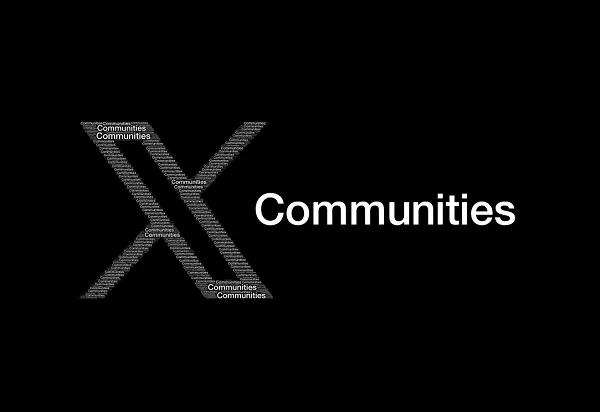# Threads Works to Tackle ‘Borderline’ Content material Suggestions In-Stream

Table of Contents
Threads Works to Tackle ‘Borderline’ Content material Suggestions In-Stream
Seeing extra junk suggestions in your “For You” feed on Threads?
You’re not alone. Based on Instagram Chief Adam Mosseri, this has turn out to be an issue for the app, and the Threads staff is working to repair it.
As outlined by Mosseri, extra Threads customers have been proven extra borderline content material within the app, which is an issue that the staff is working to repair, because it continues to enhance the 6-month-old platform.
Although the borderline content material difficulty will not be a brand new one for social apps.
Again in 2018, Meta chief Mark Zuckerberg supplied a broad overview of the continuing points with content material consumption, and the way controversial content material inevitably all the time beneficial properties extra traction.
As per Zuckerberg:
“One of many greatest points social networks face is that, when left unchecked, folks will interact disproportionately with extra sensationalist and provocative content material. This isn’t a brand new phenomenon. It’s widespread on cable information as we speak and has been a staple of tabloids for greater than a century. At scale it may undermine the standard of public discourse and result in polarization. In our case, it may additionally degrade the standard of our providers.”

Zuckerberg additional famous that this can be a troublesome problem to resolve, as a result of “regardless of the place we draw the strains for what’s allowed, as a chunk of content material will get near that line, folks will interact with it extra on common – even once they inform us afterwards they do not just like the content material.”
Evidently Threads is now falling into the identical lure, presumably as a result of its speedy development, presumably as a result of real-time refinement of its techniques. However that is how all social networks evolve, with controversial content material getting an even bigger push, as a result of that’s truly what lots of people are going to interact with.
Although you’d have hoped that Meta would have a greater system in place to take care of such, after engaged on platform algorithms for longer than anybody.
In his 2018 overview, Zuckerberg recognized de-amplification as one of the simplest ways to handle this component.
“It is a fundamental incentive drawback that we are able to deal with by penalizing borderline content material so it will get much less distribution and engagement. [That means that] distribution declines as content material will get extra sensational, and persons are subsequently disincentivized from creating provocative content material that’s as near the road as doable.”
In concept, this will likely work, however evidently, that hasn’t been the case on Threads, which remains to be making an attempt to work out the way to present the optimum person expertise, which implies exhibiting customers essentially the most partaking, attention-grabbing content material.
It’s a troublesome steadiness, as a result of as Zuckerberg notes, usually customers will interact with one of these materials even when they are saying they don’t prefer it. That implies that it’s typically a means of trial and error, in exhibiting customers extra borderline stuff to see how they react, then lowering it, virtually on a user-by-user foundation.
Primarily, this isn’t a easy drawback to resolve on a broad scale, however the Threads staff is working to enhance the algorithm to spotlight extra related, much less controversial content material, whereas additionally maximizing retention and engagement.
My guess is the rise on this content material has been a little bit of a check to see if that’s what extra folks need, whereas additionally coping with an inflow of latest customers who’re testing the algorithm to search out out what works. However now, it’s working to appropriate the steadiness.
So for those who’re seeing extra junk, because of this, and you need to now, based on Mosseri, be seeing much less.
Andrew Hutchinson

![#
Are AI Chatbots Taking Over On-line Search? [Infographic] #
Are AI Chatbots Taking Over On-line Search? [Infographic]](https://imgproxy.divecdn.com/TqdBglxuWNpj4Sjxi3MD3j0iynDdiZb-pTSEE2Gzp7s/g:ce/rs:fit:770:435/Z3M6Ly9kaXZlc2l0ZS1zdG9yYWdlL2RpdmVpbWFnZS9haV92ZXJzdXNfc2VhcmNoX2VuZ2luZXMyLnBuZw==.webp)


